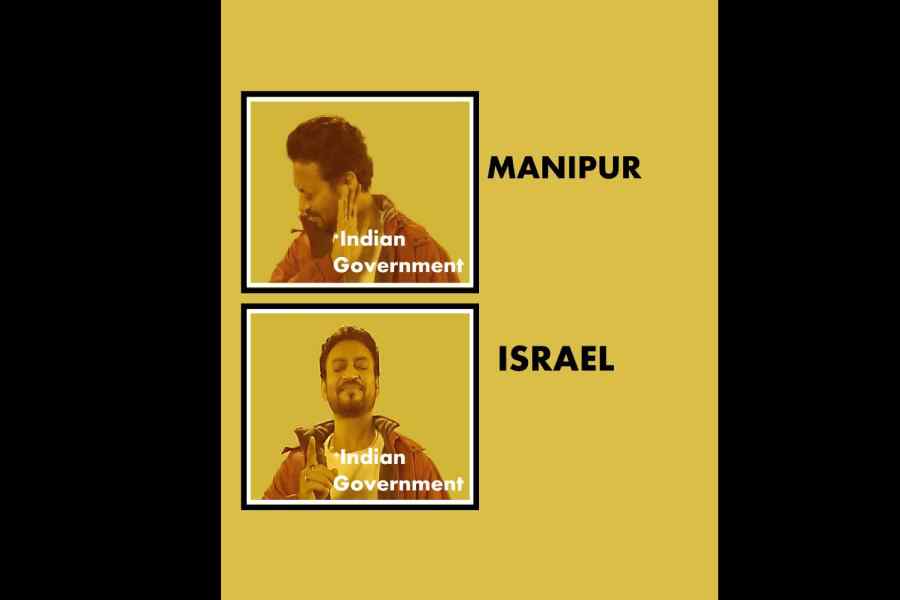The culture of memes seems to have captivated society through various digital and non-digital means. So ferocious is the impact of memes that while most memes emanate from some real-life events, there are events that occur due to the impact of memes. That is not all. The emerging tradition of memes even has the capacity of engulfing and inciting the masses in multifarious ways that make the democratic culture exuberant. This potential of memes has forced political players to utilise the ‘memesverse’ to communicate their message and mobilise political support.
However, an interest in memes also incites a curiosity about its history and genesis. It is true that the culture of memes did not emerge out of nowhere. The tradition of political cartoons existed before the advent of memes. In fact, political cartoons have served and engaged generations with their explicit and implicit meanings. Who can forget the legacy of the Amul advertisements and the political cartoons by R.K. Laxman? Generations up to the early 2000s were always excited by and interested in political cartoons on different issues. So much so that these political cartoons were often seen as representing the voice of the common person.
The rich heritage of political cartoons is often seen as a forerunner to the budding tradition of memes. However, there is some contrast between the two. The heritage of political cartoons exists as a depiction of political developments through the eye of civil society. Political cartoons could be compared to memoirs and bibliographic accounts in the sense that they convey a message of the creator to the audience. The nature of political cartoons need not always be satirical or humour-based. In fact, the tone of political cartoons, it has been noted, changed with the changing emotions of the public spaces. Due to this, the tradition of political cartoons remained an important agent for political mobilisation and communication. Popular political cartoonists were often courted by political groups for campaigns. Learning from political cartoons became a part of the political socialisation of citizens.
The arrival of memes, however, has revolutionised the political situation. While it could be argued that memes are nothing but an evolved version of political cartoons, it would also be correct to say that memes transcend the reach and the impact of cartoons in several ways. The reason behind this is the appeal of and the engagement with memes by their audience. The genre of political cartoons relied upon a minimum standard of political awareness as well as an ability to understand the visual and stated information. Memes, however, overcome this limitation and invite the audience to invest its imagination and opinion through what is presented. The radical nature of the meme emerges due to the freedom accorded to its audience to interpret and understand the message. As a result, the same meme might have different impacts on different audiences. This makes memes a sensitive yet effective instrument of political mobilisation. This also explains the sprouting of ‘IT Cells’ in nearly every political group.
Another aspect of the tradition of memes relates to the engagement of different sensory modes to communicate the message. While political cartoons largely adhere to a visual-literary template, the application of memes can be found through audio-visual as well as literary frameworks. This multi-modal application has a major impact in a country like India where segments of the population are still unable to read and write.
Memes have radicalised our democracy. This change in our polity is arguably a welcome turn as it makes political groups more responsive and the citizens more politically aware and attentive.
Nikhil Kumar Gupta is a research scholar at the Maharaja Sayajirao University of Baroda










